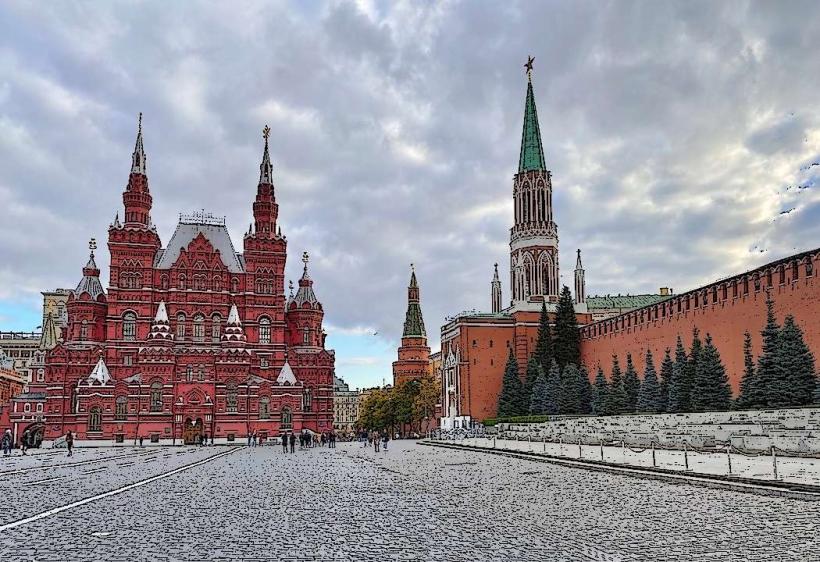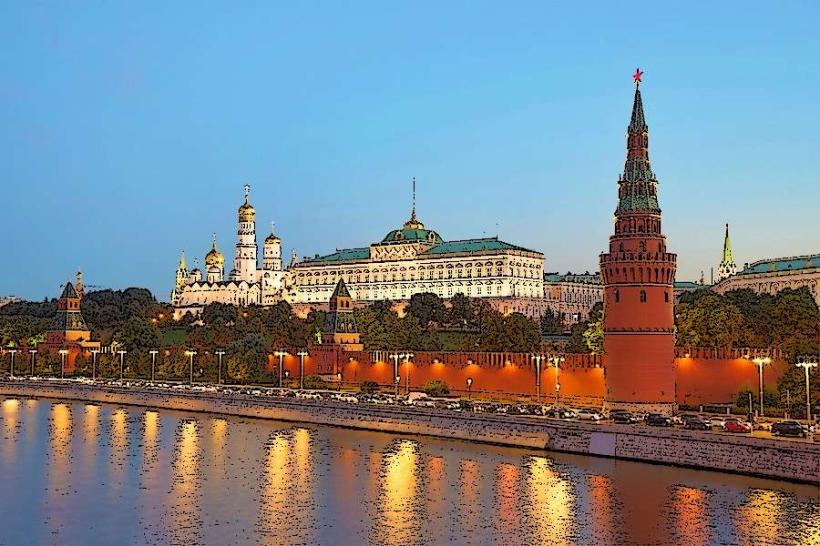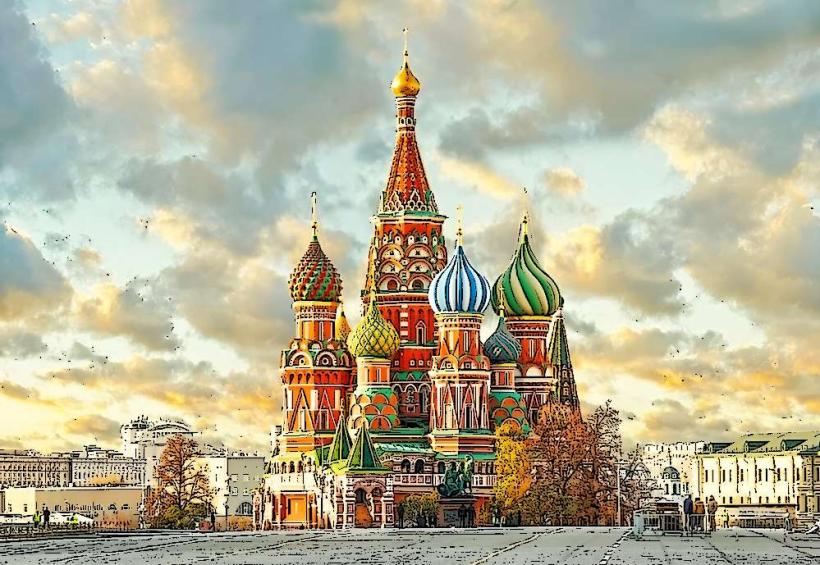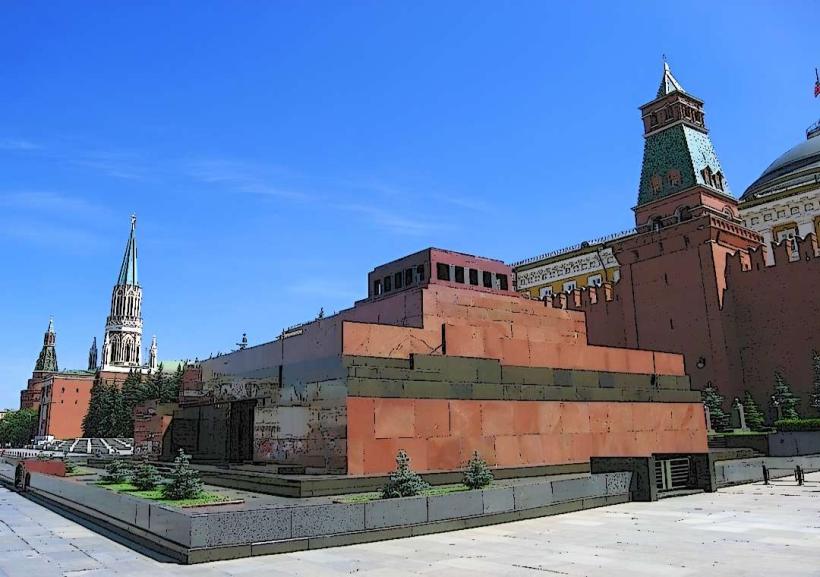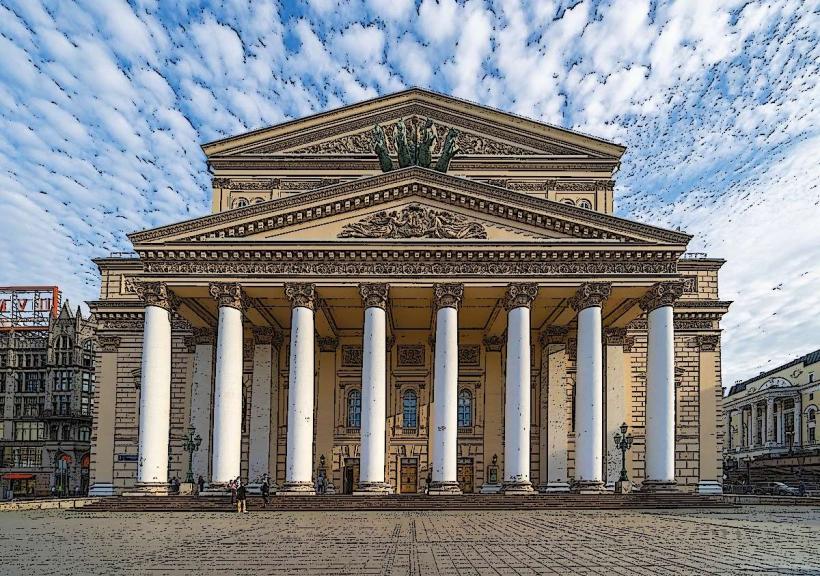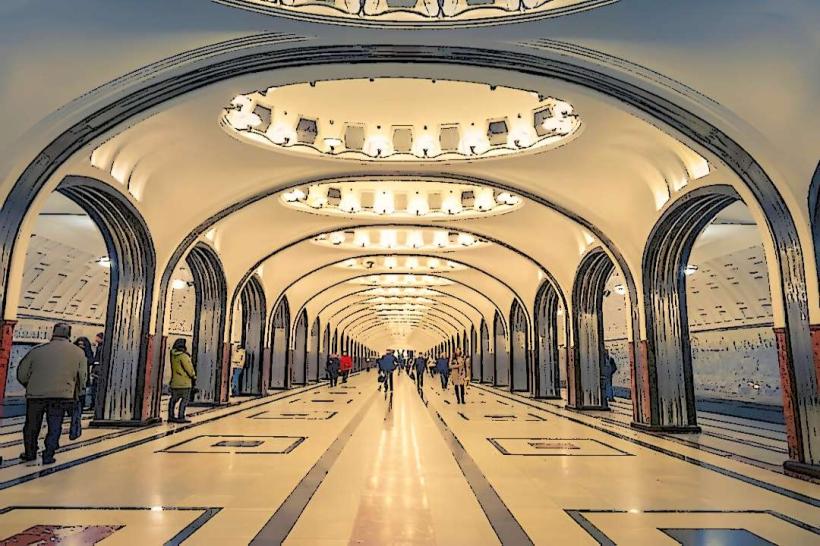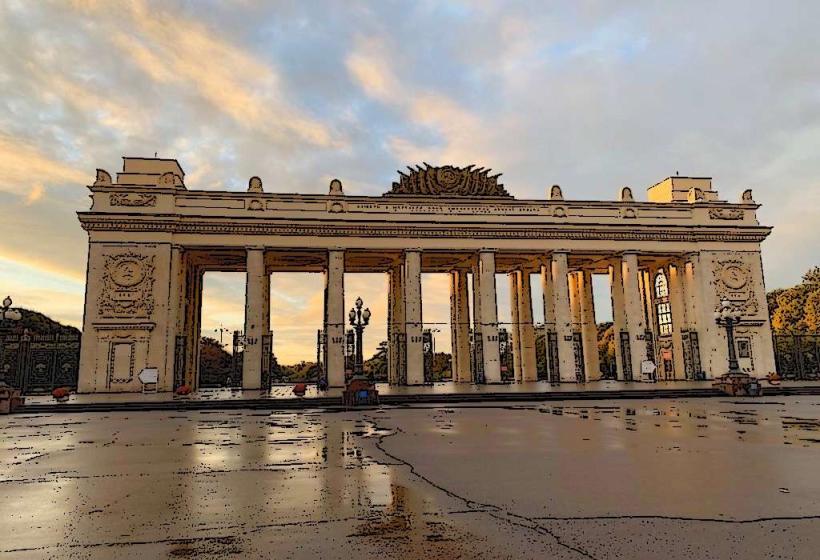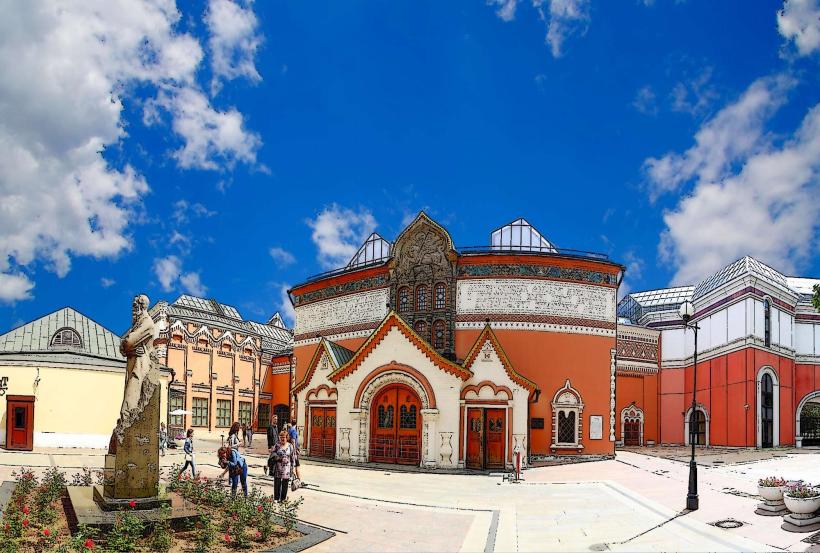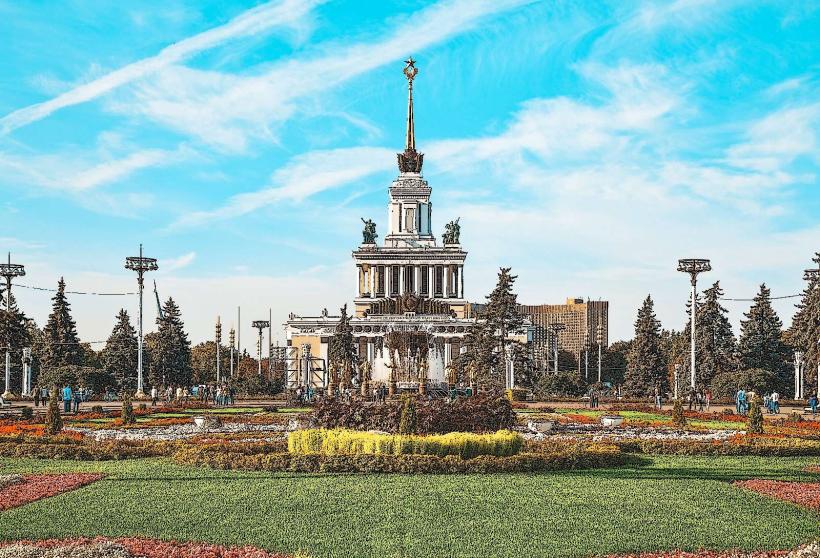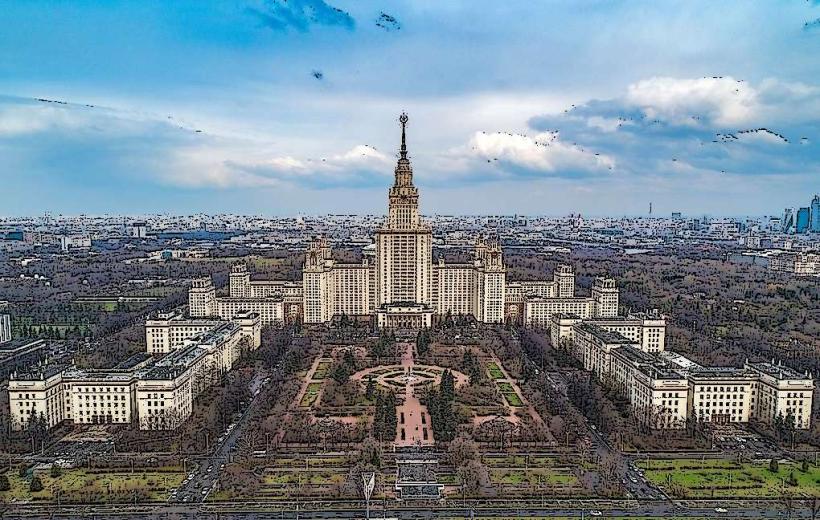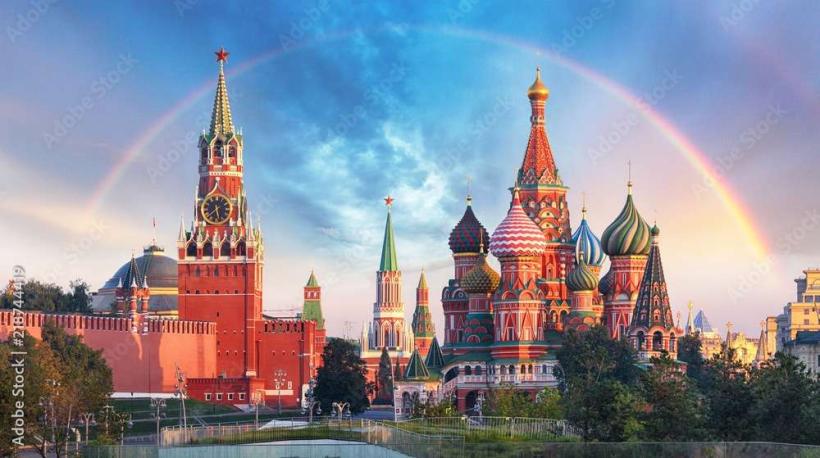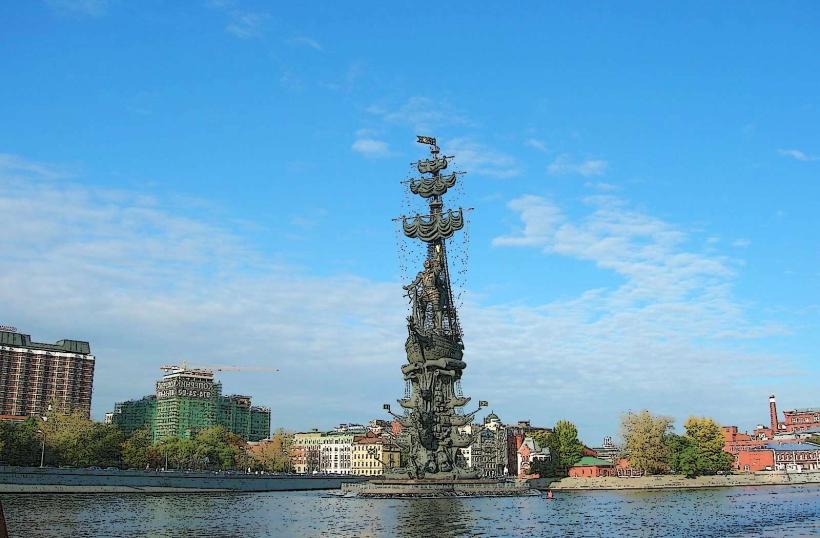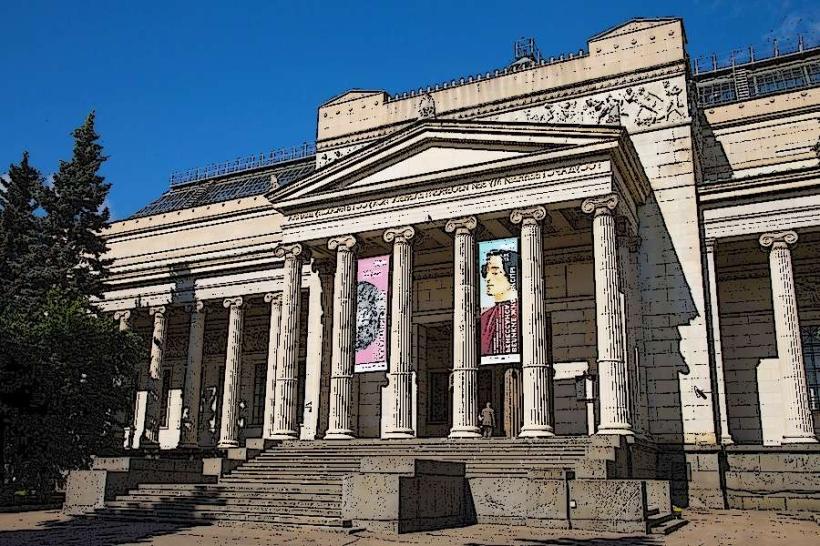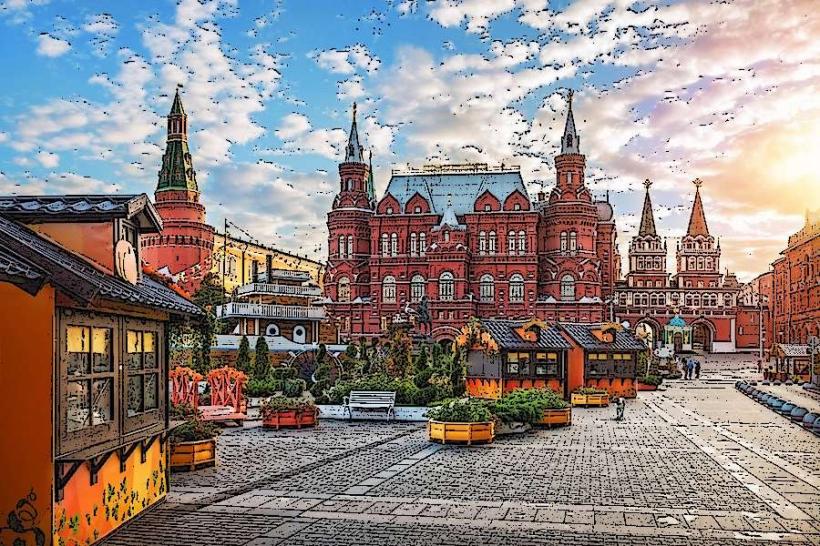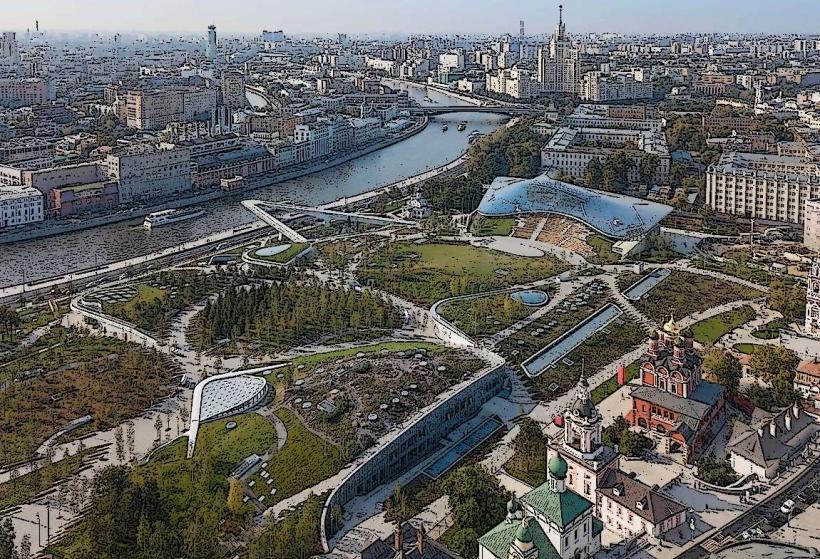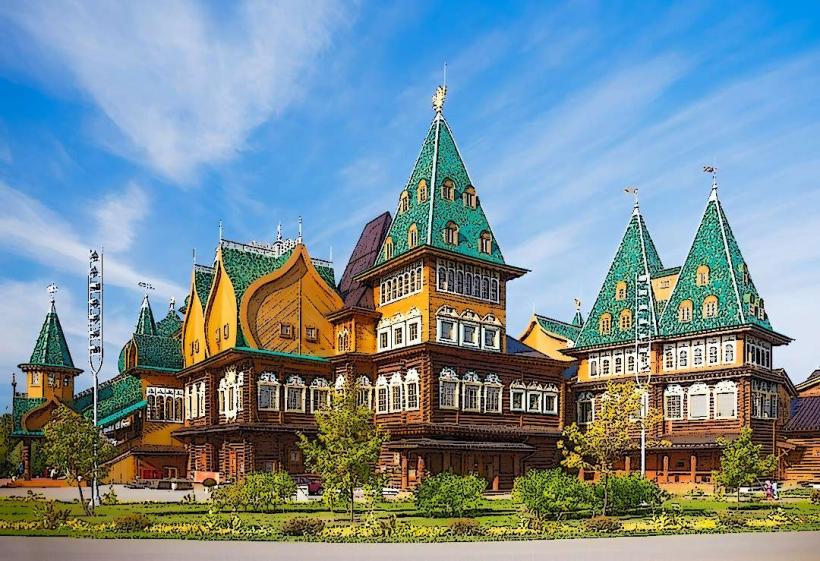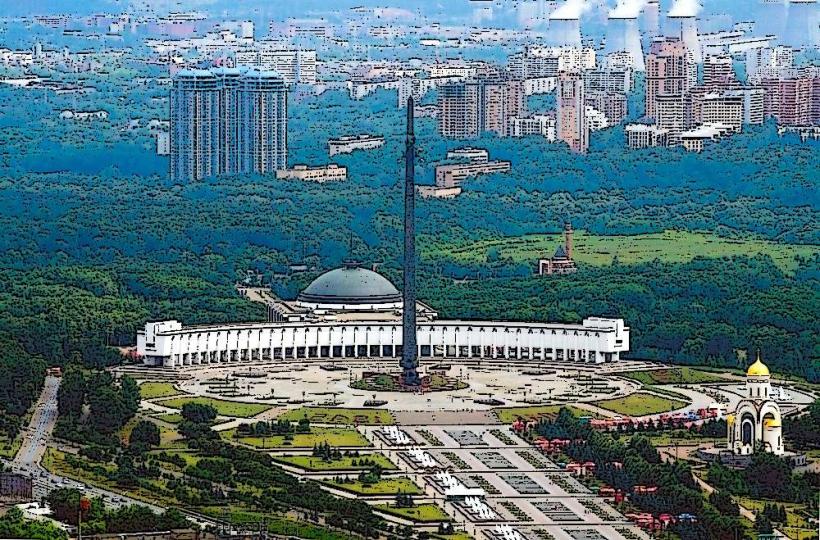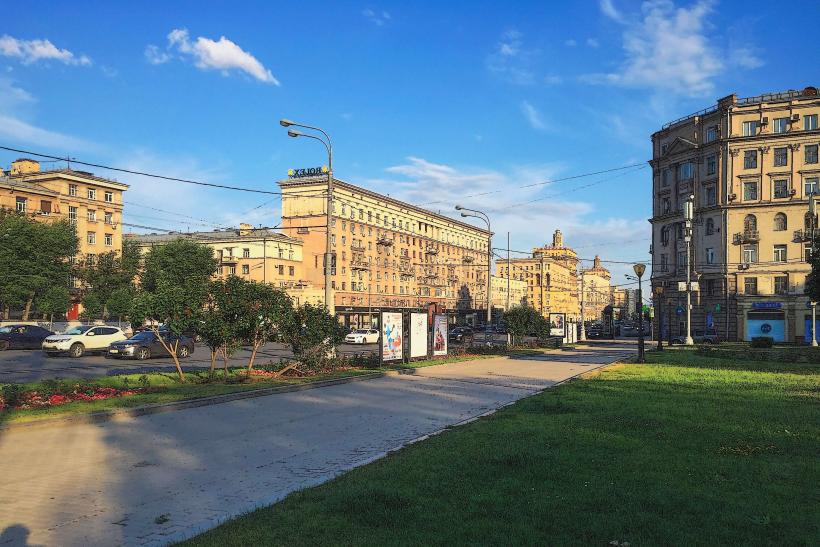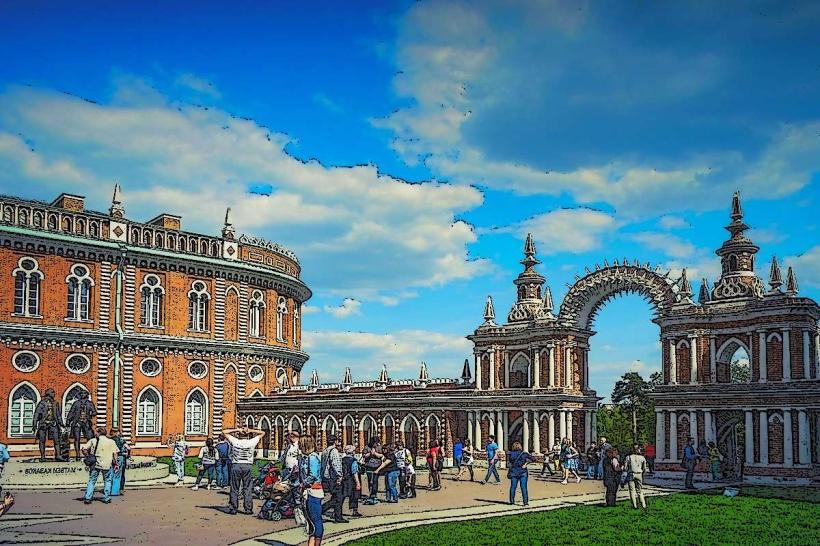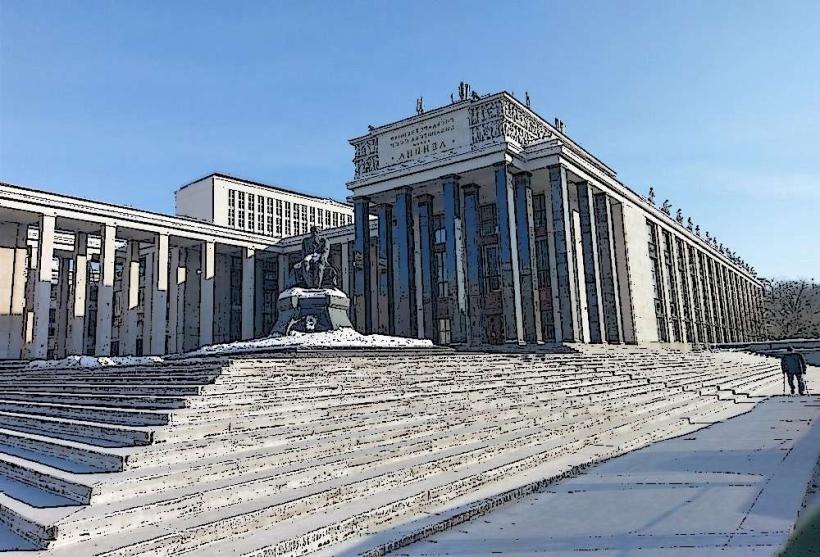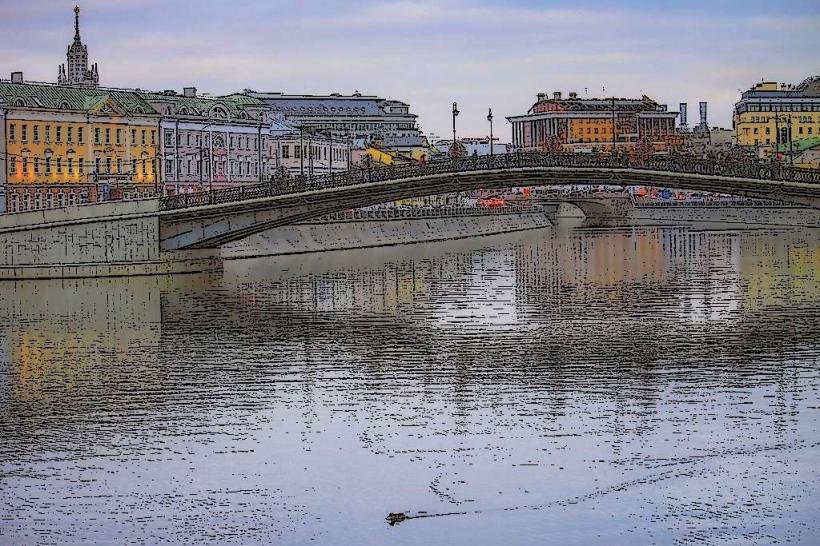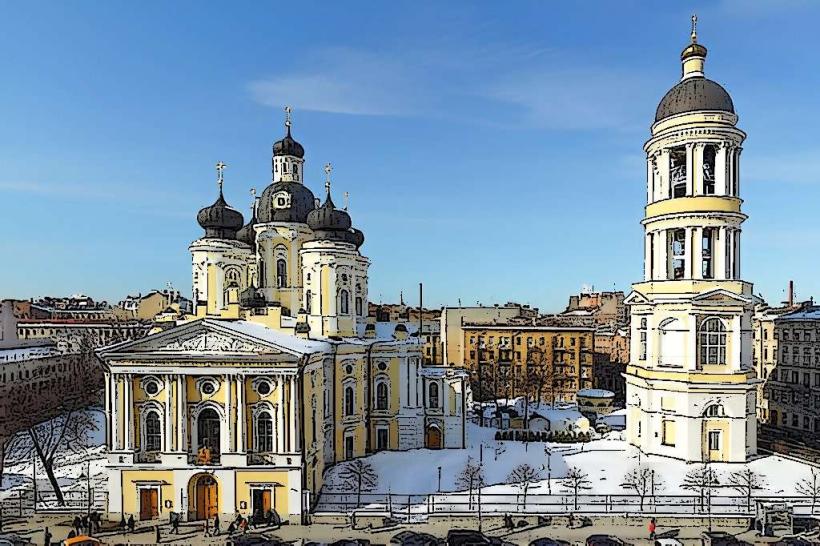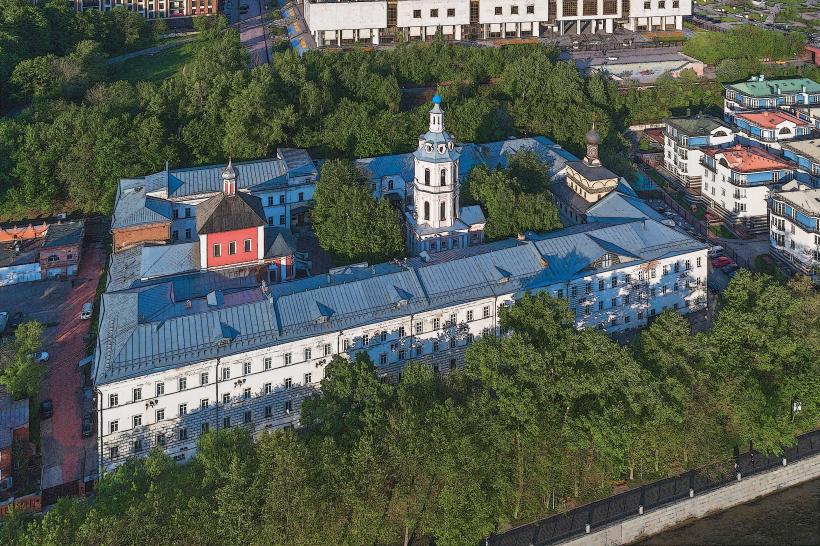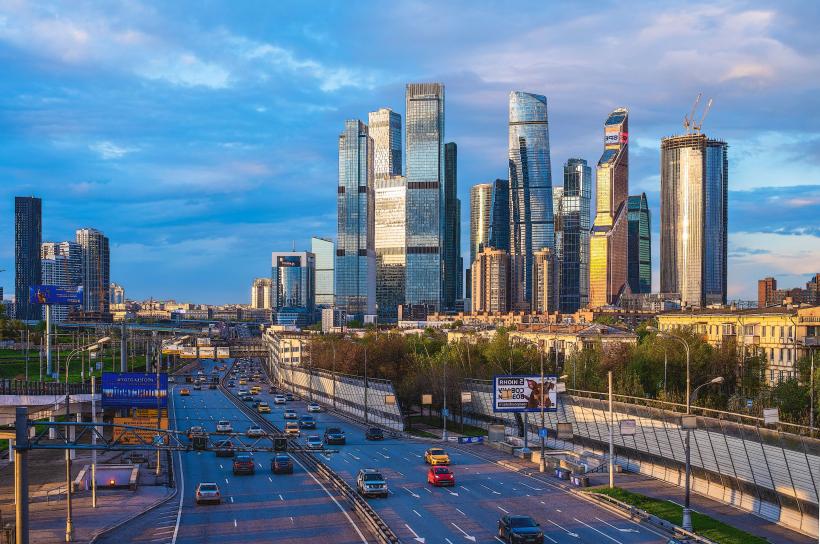Information
Landmark: Cathedral of Christ the SaviourCity: Moscow
Country: Russia
Continent: Europe
Cathedral of Christ the Saviour, Moscow, Russia, Europe
The Cathedral of Christ the Saviour is a Russian Orthodox cathedral located on the northern bank of the Moskva River in Moscow, Russia.
It is the tallest Orthodox Christian church in the world.
Visual Characteristics
The cathedral is constructed primarily of white limestone and granite. Its exterior is adorned with gilded domes, the largest of which is 25 meters in diameter and weighs 1.5 tons. The building stands 103 meters tall. The architectural style is Neo-Byzantine, featuring multiple tiers of kokoshniks and a cruciform plan.
Location & Access Logistics
The cathedral is situated at Volkhonka Street, 15, in the Central Administrative Okrug of Moscow. It is approximately 1.5 kilometers southwest of the Kremlin. Access is available via the Kropotkinskaya metro station (Sokolnicheskaya Line). Limited street parking is available in the vicinity, and it is often restricted. Public bus routes 05, M5, and M6 stop near the cathedral.
Historical & Ecological Origin
The current cathedral is a reconstruction of the original, which was built between 1839 and 1883 to commemorate the victory over Napoleon. The original structure was demolished in 1931 by Soviet authorities. The current iteration was rebuilt between 1995 and 2000.
Key Highlights & Activities
Visitors can explore the interior of the cathedral, which features extensive frescoes and mosaics. The upper church is dedicated to the Nativity of Christ, and the lower church is dedicated to the Transfiguration of Christ. Observation decks offer views of the surrounding area. Photography is permitted within designated areas.
Infrastructure & Amenities
Restrooms are available on the ground floor. Limited shaded areas are present around the exterior plaza. Cell phone signal (4G/5G) is generally strong within the cathedral complex. Food vendors are not located directly on-site, but numerous cafes and restaurants are situated along Volkhonka Street and nearby.
Best Time to Visit
For optimal interior lighting and fewer crowds, visiting in the late morning or early afternoon on a weekday is recommended. The best months for weather are May through September, offering milder temperatures for exploring the exterior. There are no tide-specific considerations.
Facts & Legends
The original cathedral was designed by Konstantin Thon. A unique feature of the current reconstruction is the use of pre-fabricated concrete elements for its foundation, a departure from traditional construction methods for such a significant religious structure.
Nearby Landmarks
- Pushkin State Museum of Fine Arts (0.2km North)
- Palace of Congresses (Kremlin) (1.2km Northeast)
- Red Square (1.5km Northeast)
- State Tretyakov Gallery (1.8km Southeast)
- Gorky Park (2.5km Southwest)

